Emma Talbot on optimism, feminism and reconfiguring the roots of power
The British artist and winner of the eighth Max Mara Art Prize for Women illuminates Piccadilly Circus with optimism and confronts perceived shame around female ageing
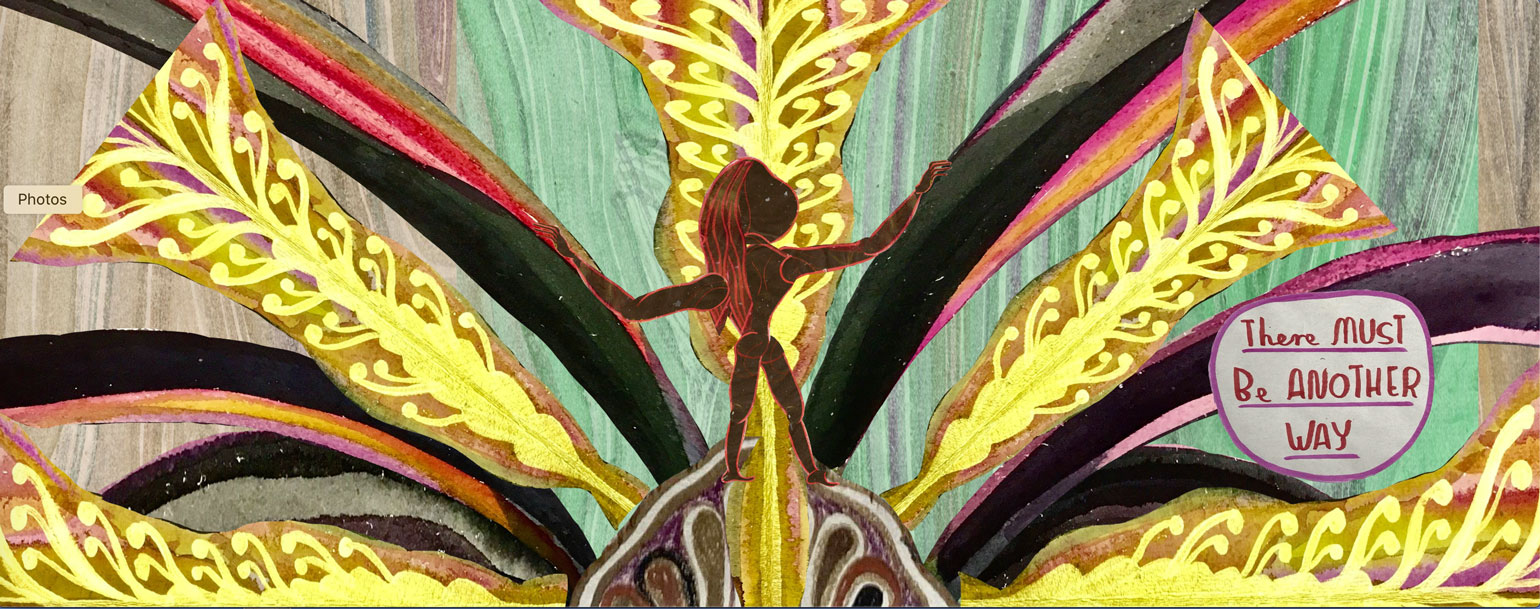
The work of Emma Talbot is part art, part poetry. Much of her ideas are autobiographical, yet also confront some of society’s most pertinent structural issues, from gender inequality to environmental collapse. Her work eschews pessimism and cynicism in favour of hope, a timely sentiment as spring emerges and the world begins to recalibrate in response to one of the bleakest periods in recorded history.
Coinciding with International Women’s Day earlier this month, Talbot became the latest Circa artist, staging work on London’s iconic Piccadilly Lights screen following projects by the likes of Patti Smith and Ai Weiwei.
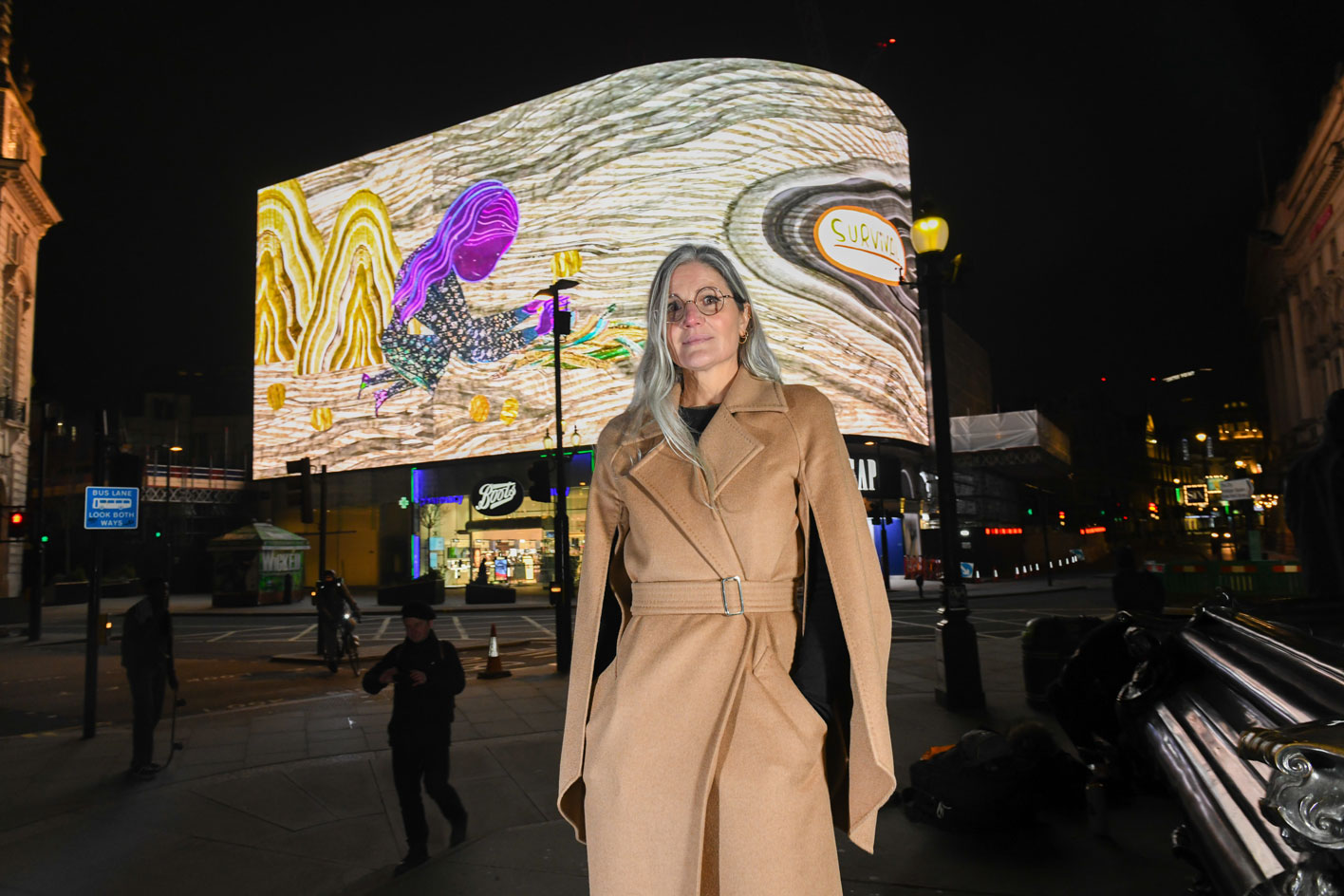
Emma Talbot (in Max Mara) at the first screening for her CIRCA commission in Piccadilly Circus.
For the commission, Talbot created four animated films in collaboration with Whitechapel Gallery, Collezione Maramotti and the Max Mara Art Prize for Women. Titled Four Visions for a Hopeful Future, the films follow a woman at the gateway between an old and new world. Mirroring the year, the screens light up with Talbot’s work at 20:21 each evening, disrupting the usual advertising on a rolling four-night schedule throughout March. ‘I really wanted to make some work that spoke of our times, to narrate the extraordinary zeitgeist,’ she tells Wallpaper*. ‘In lockdown, I’d been struck by the way a lot of contemporary thinkers (e.g. Valarie Kaur, Rebecca Solnit, Isabelle Stengers, Starhawk) were articulating the need to take time to reconfigure the ways we act, to build a more equal, considerate, sustainable, responsible, caring future.’
Talbot’s influences for the piece are wide-ranging – from Arundhati Roy’s article, The Pandemic is a Portal to the work of medieval visionary Hildegard von Bingen. Her work is anchored in the here and now, observing the bleakness of recent times, while also harnessing the transformative and cathartic power of springtime. The films, comprising hand-drawn landscapes of dreamlike natural beauty, rich with floral and bodily forms. ‘The four animations come at the subject from different perspectives – they ask various questions; what a city is, how have power structures have been constructed, how powerful can communities be, what voices get heard, how can we connect with nature,’ says Talbot, who taught herself how to translate her drawings into animation during the first lockdown.
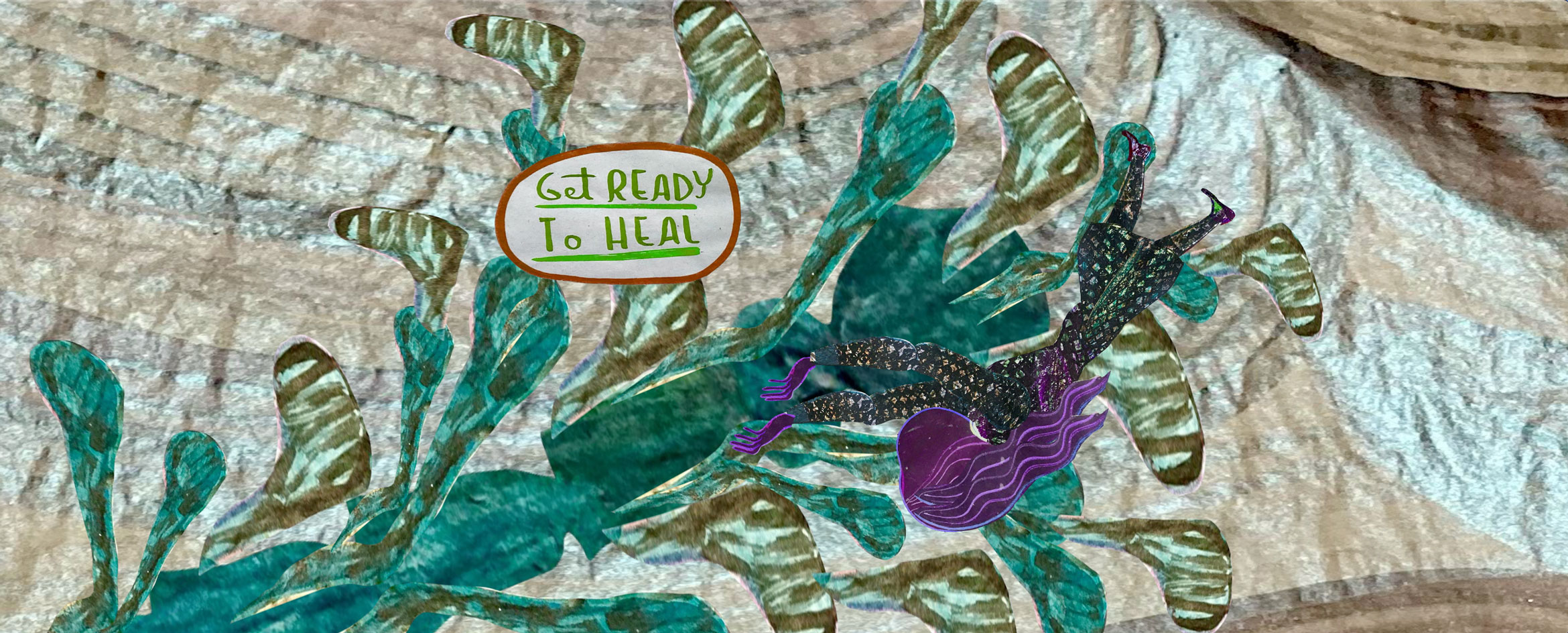
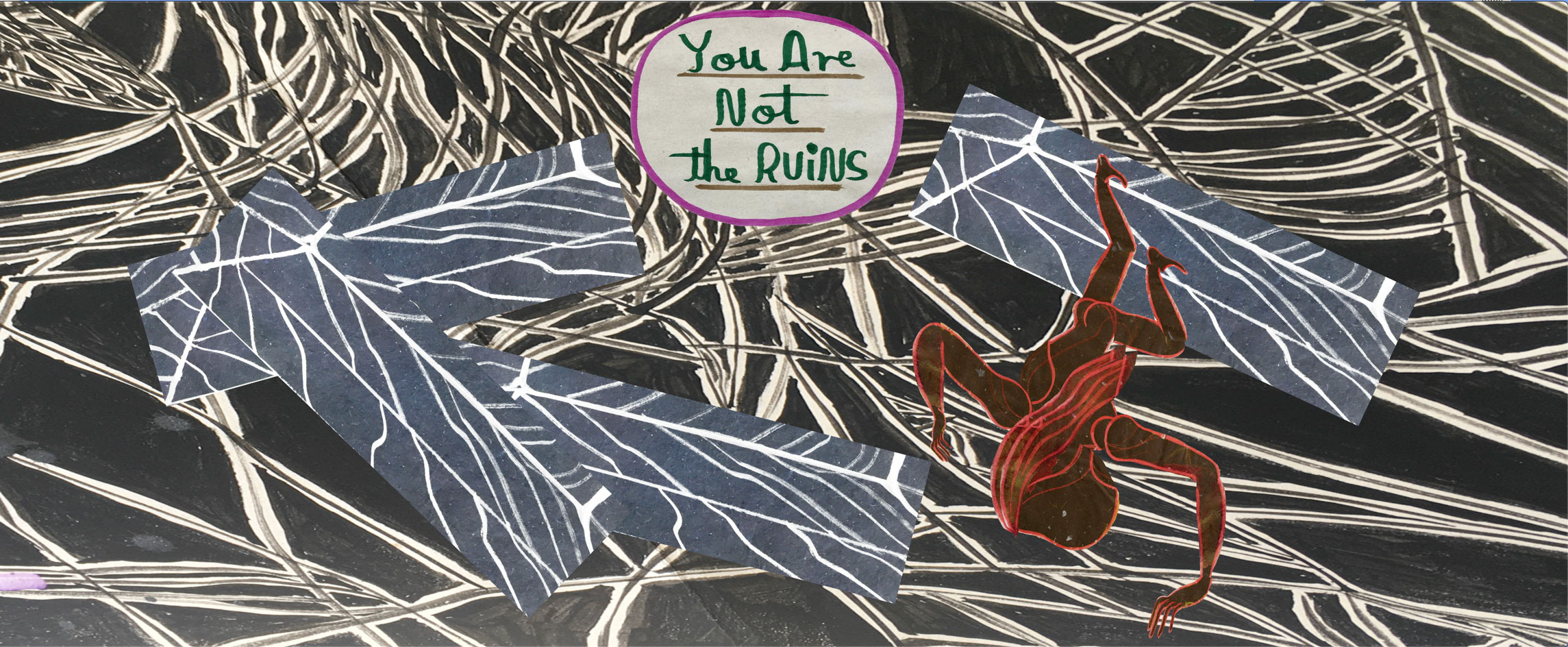
Above: Emma Talbot, still from A Year of Dark Shadows. Below: Still from What is a City? Both animations 2021.
Last year, Talbot became the recipient of the eighth Mara Art Prize for Women, a biannual award established in 2005 in collaboration with the Whitechapel Gallery. As the sole visual art prize for women in the UK, it aims to promote and nurture female artists who are yet to receive a major solo exhibition. Talbot’s winning proposal focused on the perceived shame attached to female ageing, a feminist response to Gustav Klimt’s painting The Three Ages of Woman (1905). Klimt’s work depicts a baby, a young woman and a nude elderly woman seemingly stooped in shame. ‘I was fascinated by the painting on a personal level, thinking about the ways ageing is considered negatively, but I also had a sense there was more to the subject,’ Talbot explains.
In response, Talbot will turn the concept on its head, reframing the woman as someone with agency. ‘The elderly woman will be a future survivor, who learns permaculture and sustainable living, relearning ancient practices and she will go back to the past and reconfigure the roots of power. To do this, she will perform the twelve trials of Hercules. Instead of resolving the tasks by killing, capture, theft and trickery, as Hercules did, I imagine the wise elderly woman would use more considered, benevolent means, such as commensalism and mutualism.’
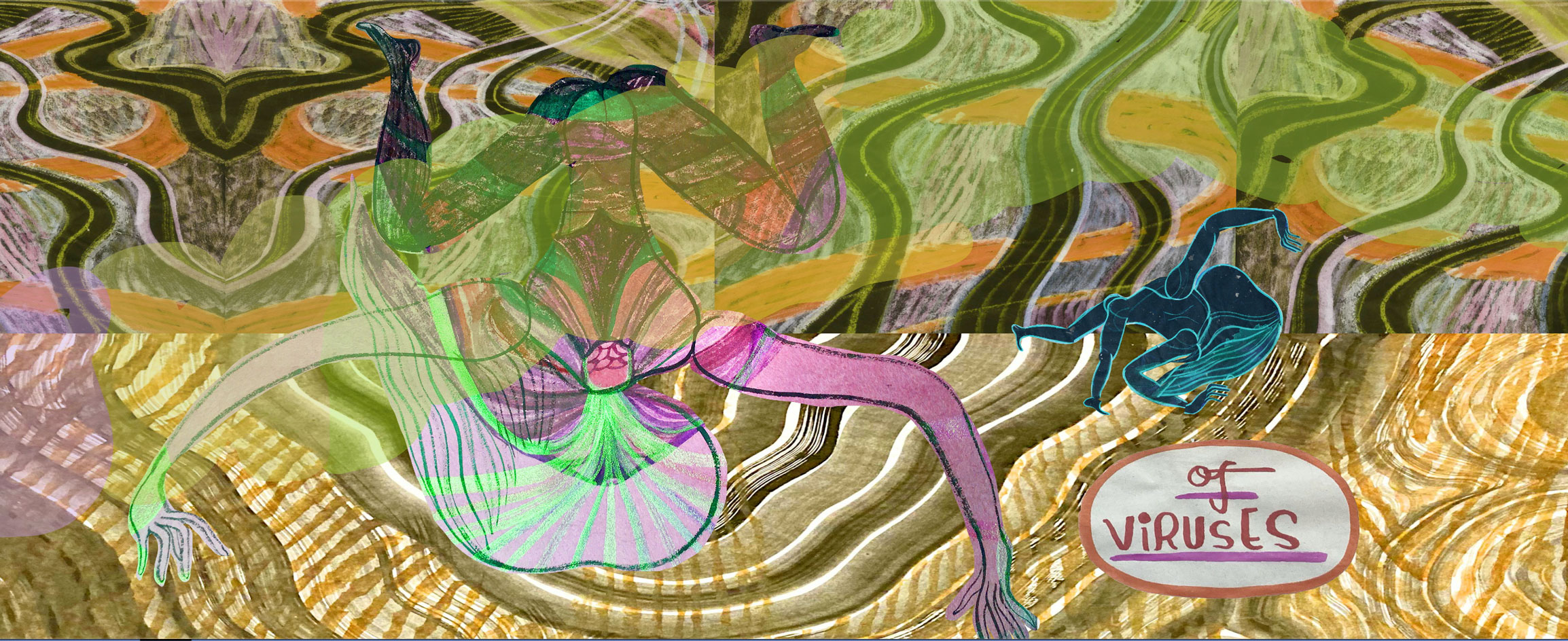
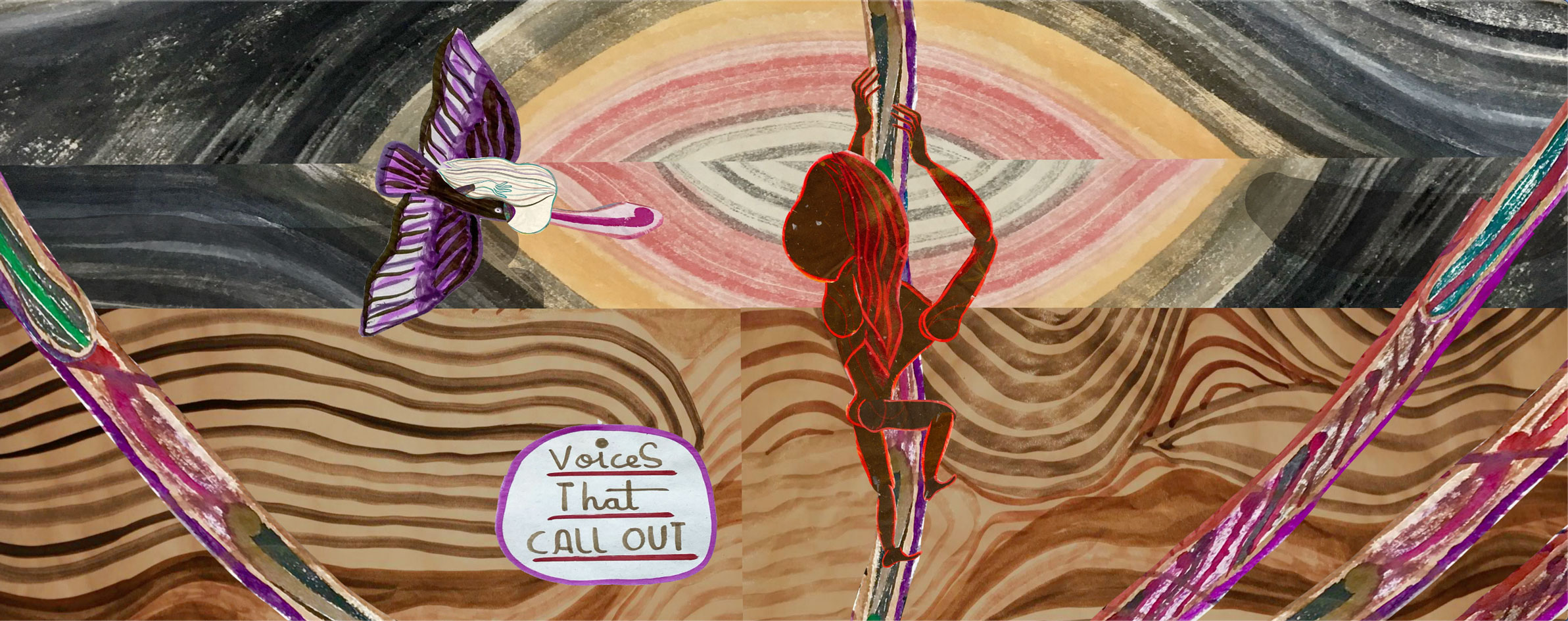
Above: Emma Talbot, still from A Year of Dark Shadows. Below: still from Chorus. Both animations 2021.
When travel restrictions permit, Talbot will embark on a six-month residency organised by Collezione Maramotti. On her trip, she plans to research Etruscan pottery depicting the Herculean myths in Rome, visit permaculture sites and the ruins of the Temple of Hercules in Sicily, and explore the history of hand-painted silk in Italian fashion houses and learn intarsia knitting in Reggio Emilia. This will result in a new body of work to be shown first at Whitechapel Gallery and then at the Collezione Maramotti, Reggio Emilia, Italy in 2022.
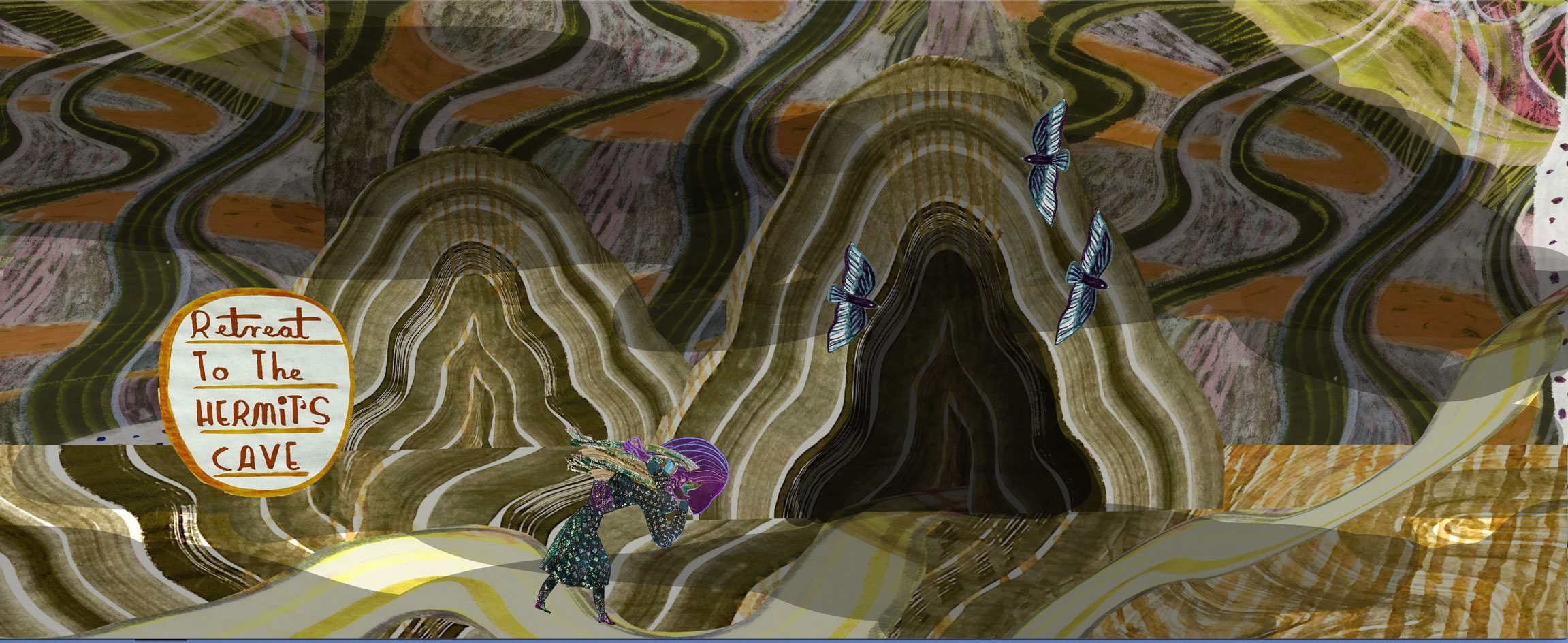
Emma Talbot, still from A Year of Dark Shadows, 2021.
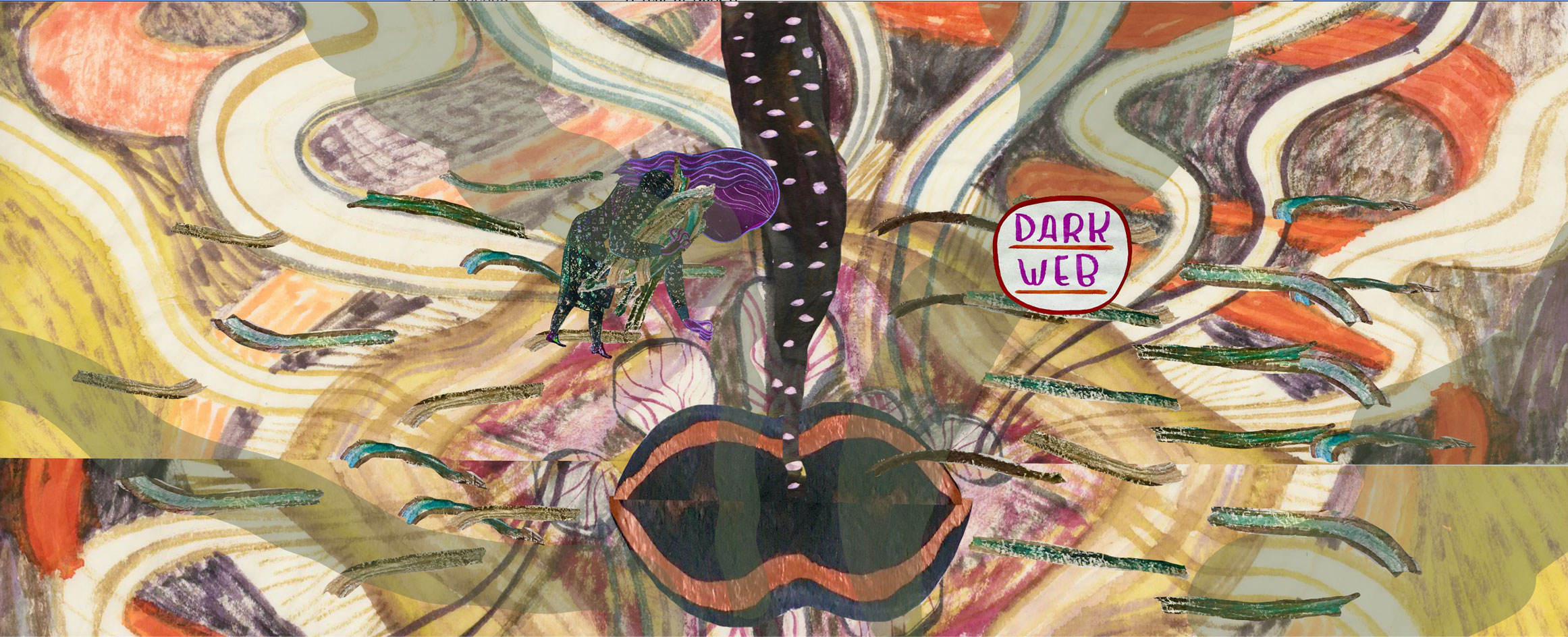
Emma Talbot, still from A Year of Dark Shadows, 2021.
INFORMATION
Four Visions for a Hopeful Future will be on view in Piccadilly Circus, London until 31 March, 2021. circa.art
Wallpaper* Newsletter
Receive our daily digest of inspiration, escapism and design stories from around the world direct to your inbox.
Harriet Lloyd-Smith was the Arts Editor of Wallpaper*, responsible for the art pages across digital and print, including profiles, exhibition reviews, and contemporary art collaborations. She started at Wallpaper* in 2017 and has written for leading contemporary art publications, auction houses and arts charities, and lectured on review writing and art journalism. When she’s not writing about art, she’s making her own.
-
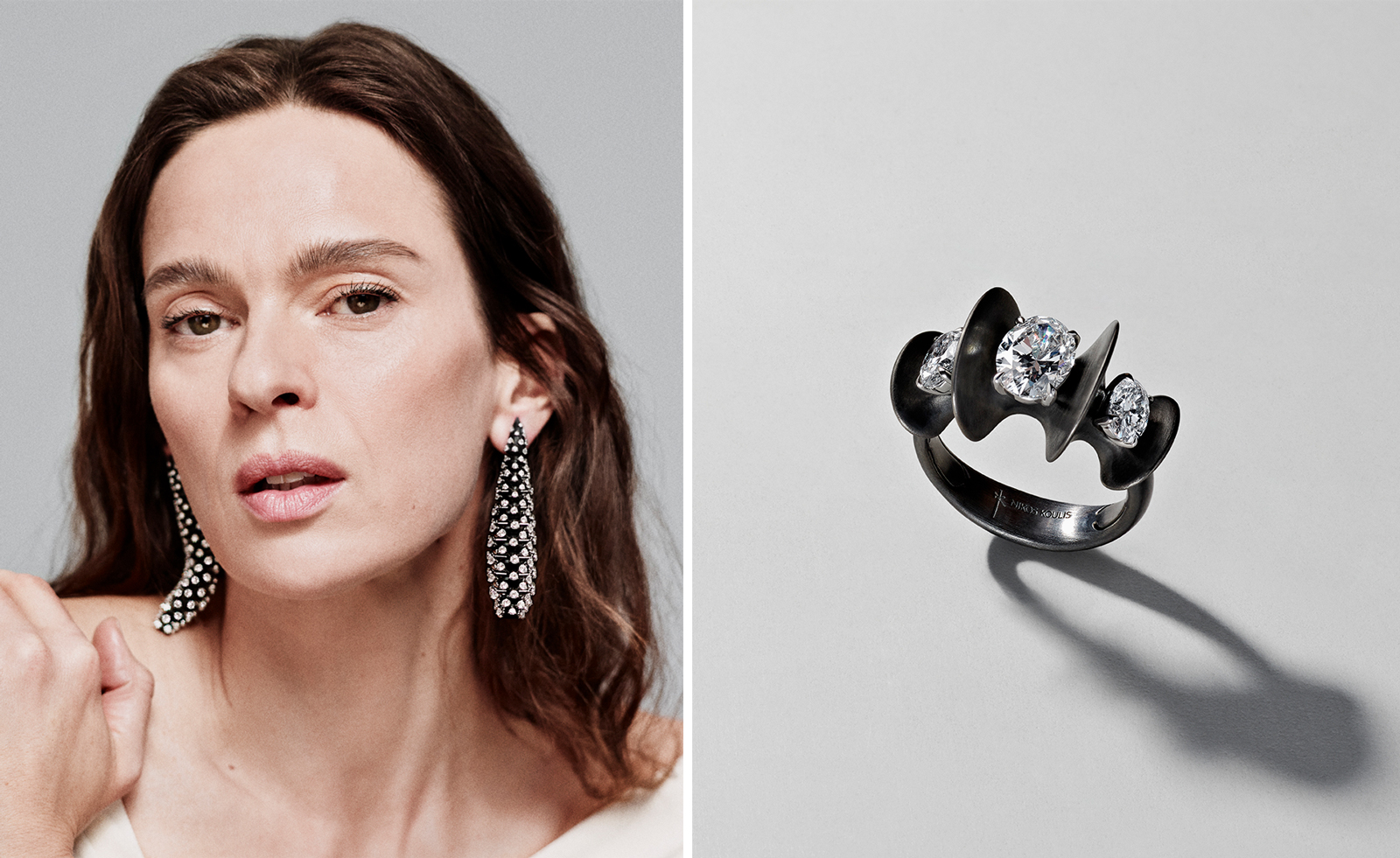 Nikos Koulis brings a cool wearability to high jewellery
Nikos Koulis brings a cool wearability to high jewelleryNikos Koulis experiments with unusual diamond cuts and modern materials in a new collection, ‘Wish’
By Hannah Silver
-
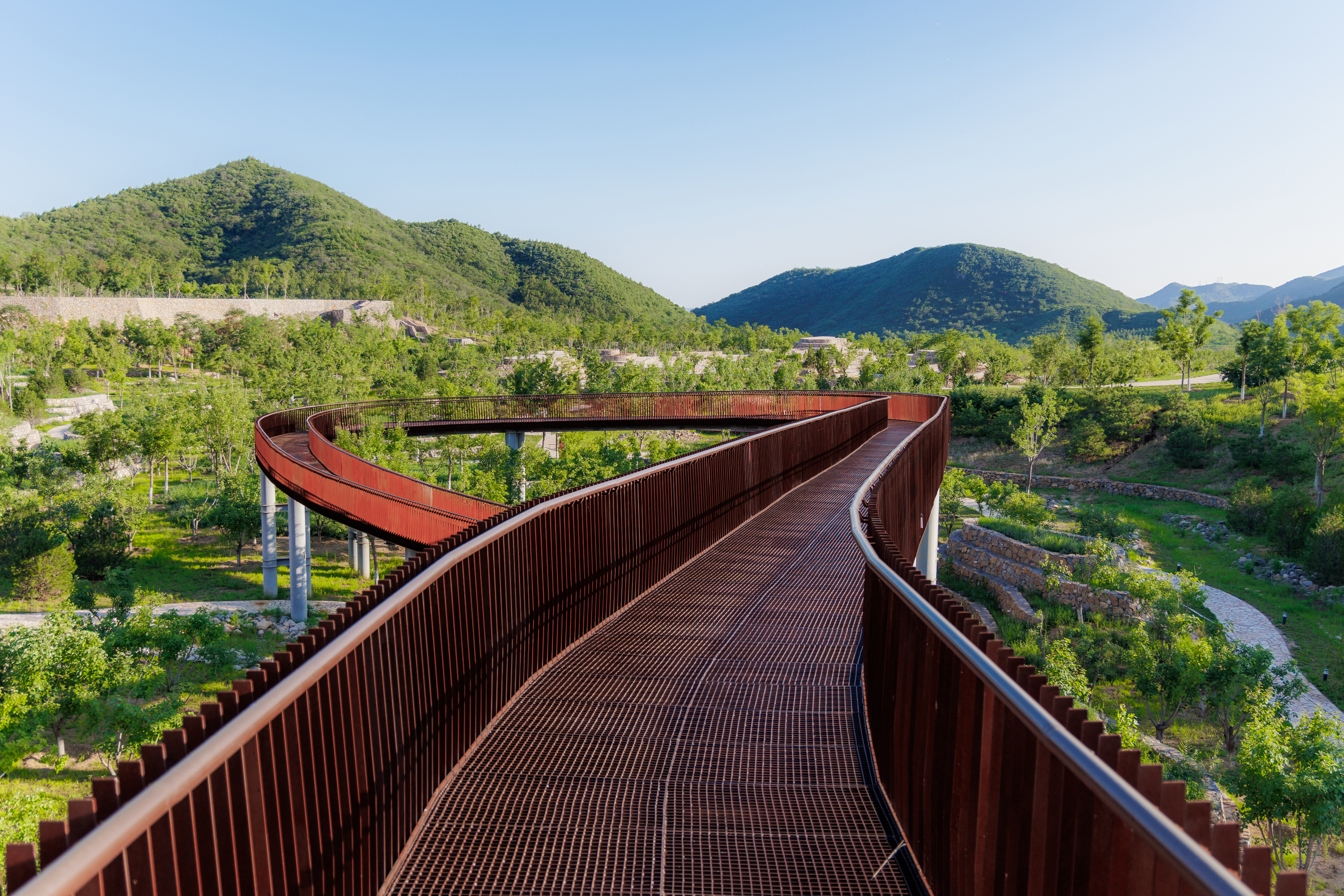 A Xingfa cement factory’s reimagining breathes new life into an abandoned industrial site
A Xingfa cement factory’s reimagining breathes new life into an abandoned industrial siteWe tour the Xingfa cement factory in China, where a redesign by landscape specialist SWA Group completely transforms an old industrial site into a lush park
By Daven Wu
-
 Put these emerging artists on your radar
Put these emerging artists on your radarThis crop of six new talents is poised to shake up the art world. Get to know them now
By Tianna Williams
-
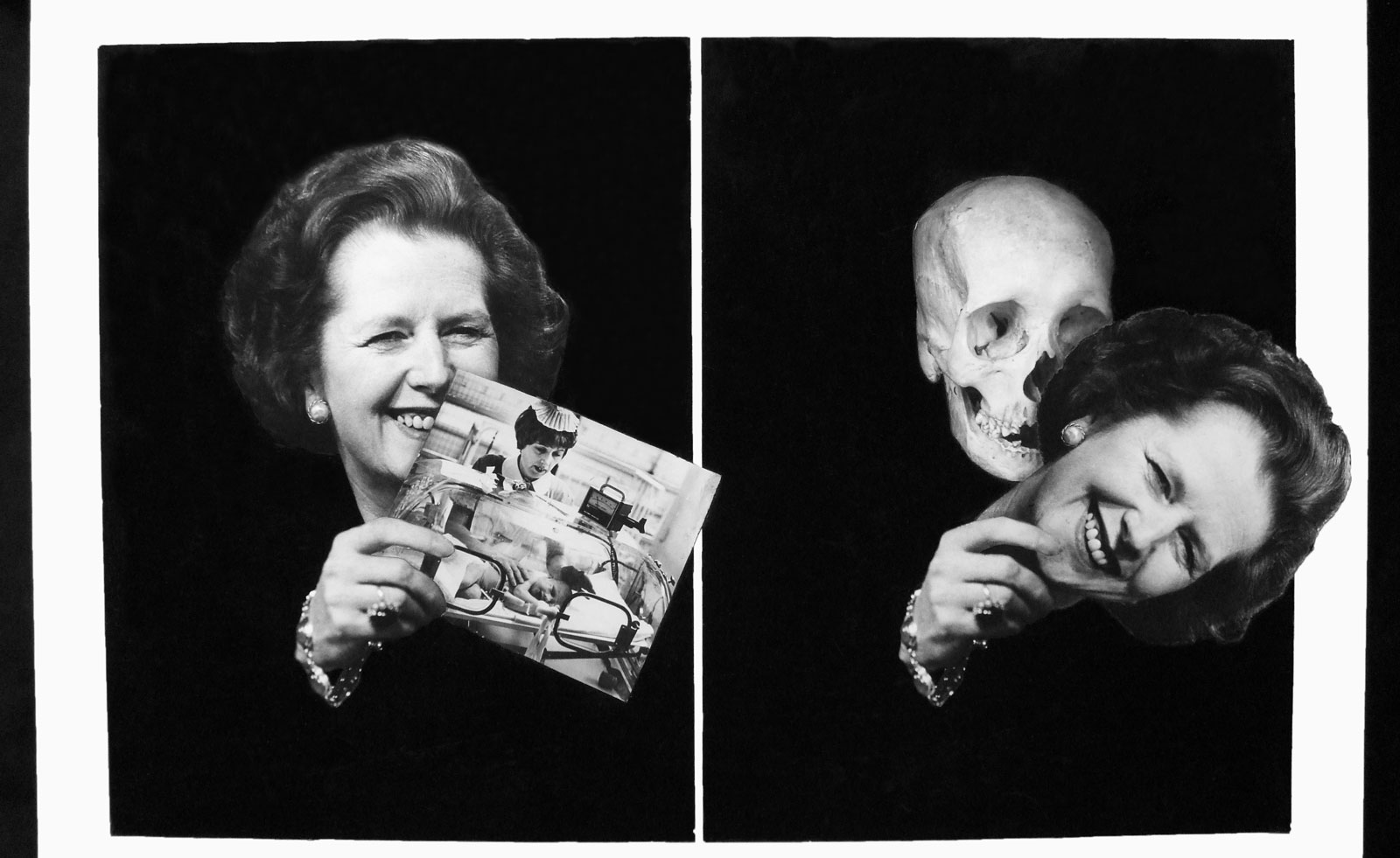 Peter Kennard's archive of dissent goes on show at the Whitechapel Gallery
Peter Kennard's archive of dissent goes on show at the Whitechapel GalleryPeter Kennard unites five decades of work for ‘Archive of Dissent’ in the former Whitechapel Library space
By Hannah Silver
-
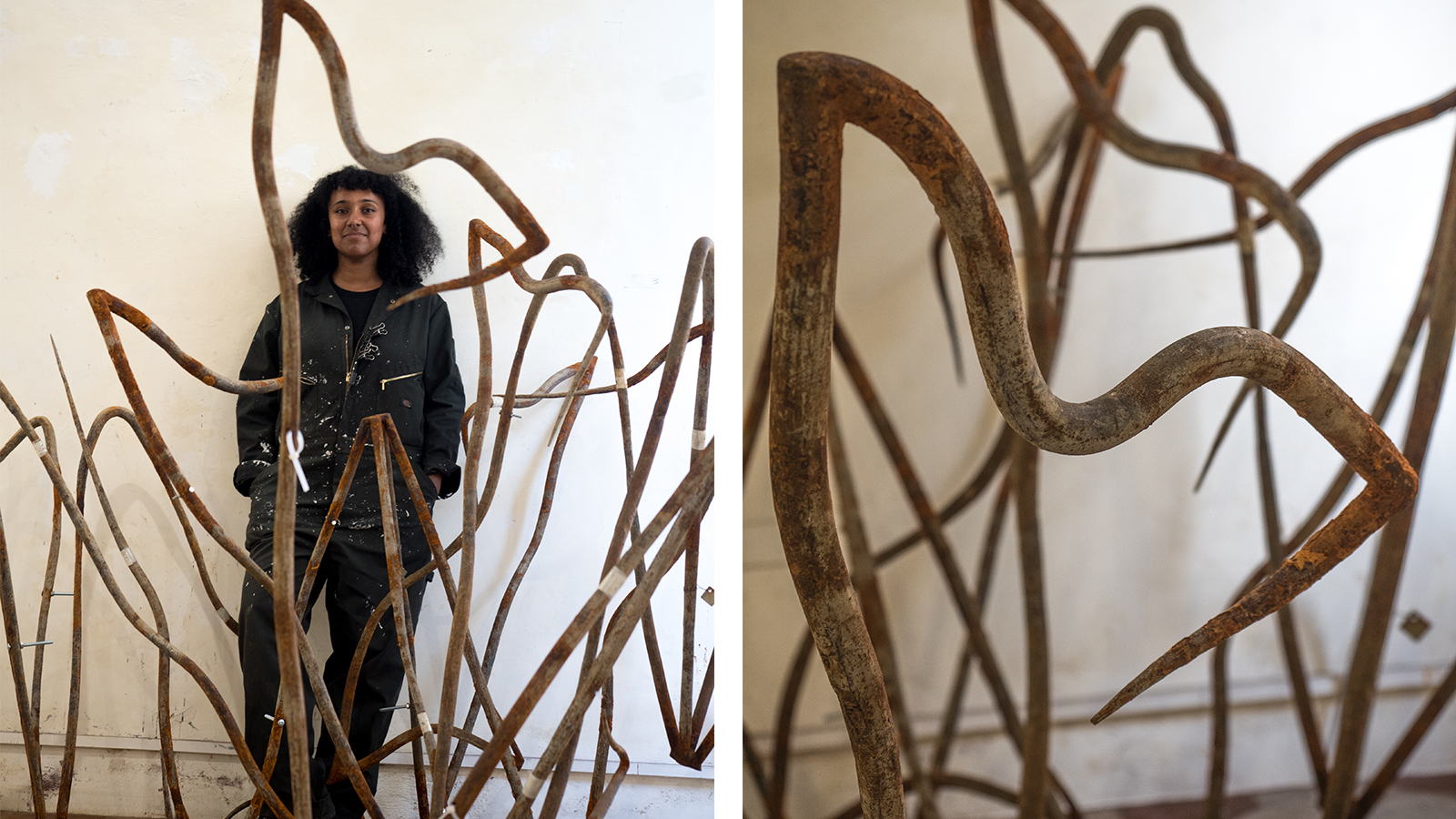 ‘I am almost an anti-sculptor’: Dominique White on her Whitechapel Max Mara Art Prize show
‘I am almost an anti-sculptor’: Dominique White on her Whitechapel Max Mara Art Prize showThe artist mines the ocean to explore Afrofuturism in ‘Deadweight’, opening at London’s Whitechapel and detailed in a new film
By Amah-Rose Abrams
-
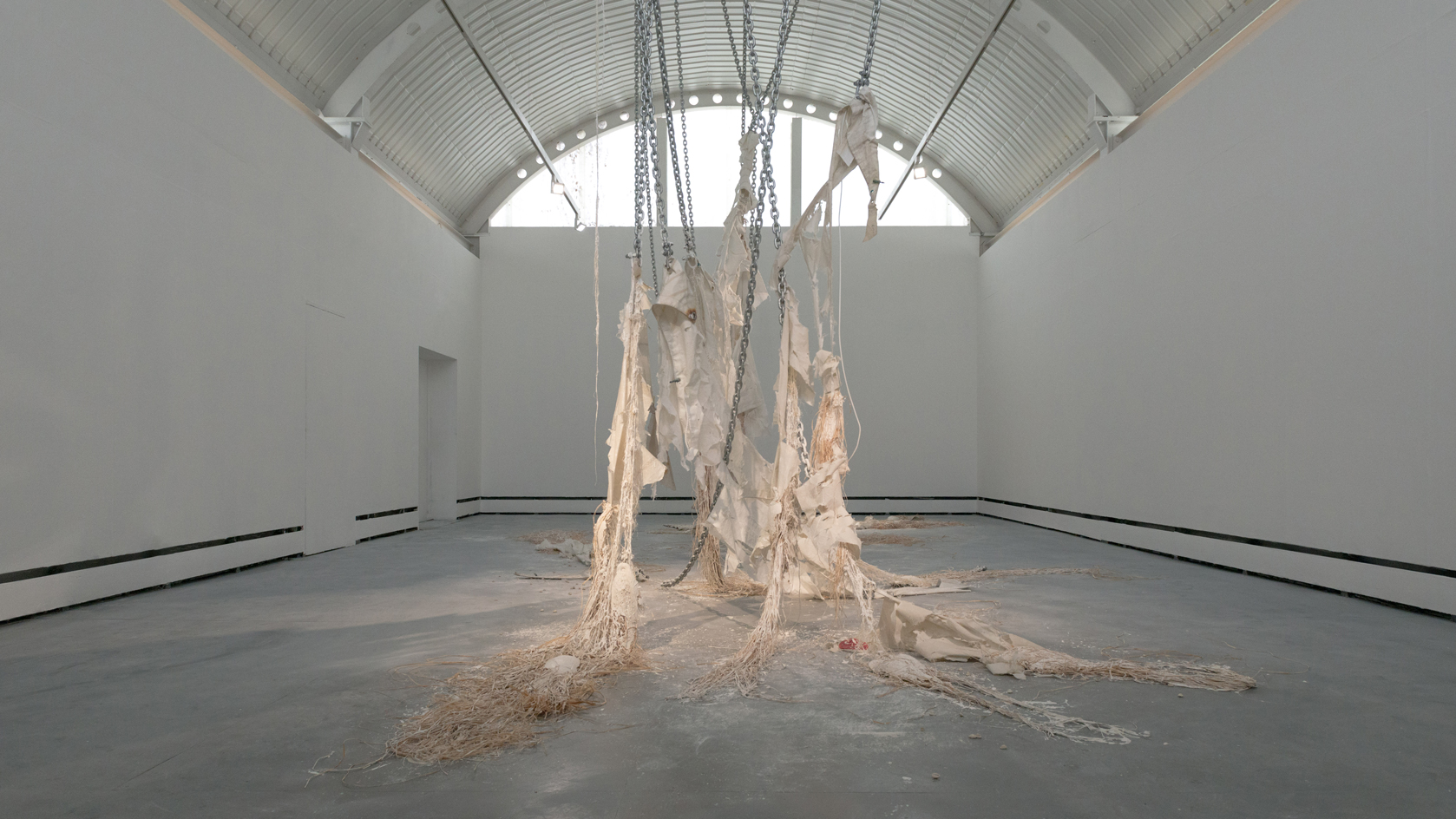 Dominique White wins Max Mara Art Prize for Women 2022 – 2024
Dominique White wins Max Mara Art Prize for Women 2022 – 2024Artist Dominique White has been crowned winner of the ninth edition of the Max Mara Art Prize for Women, presented in a ceremony at Whitechapel Gallery
By Harriet Lloyd-Smith
-
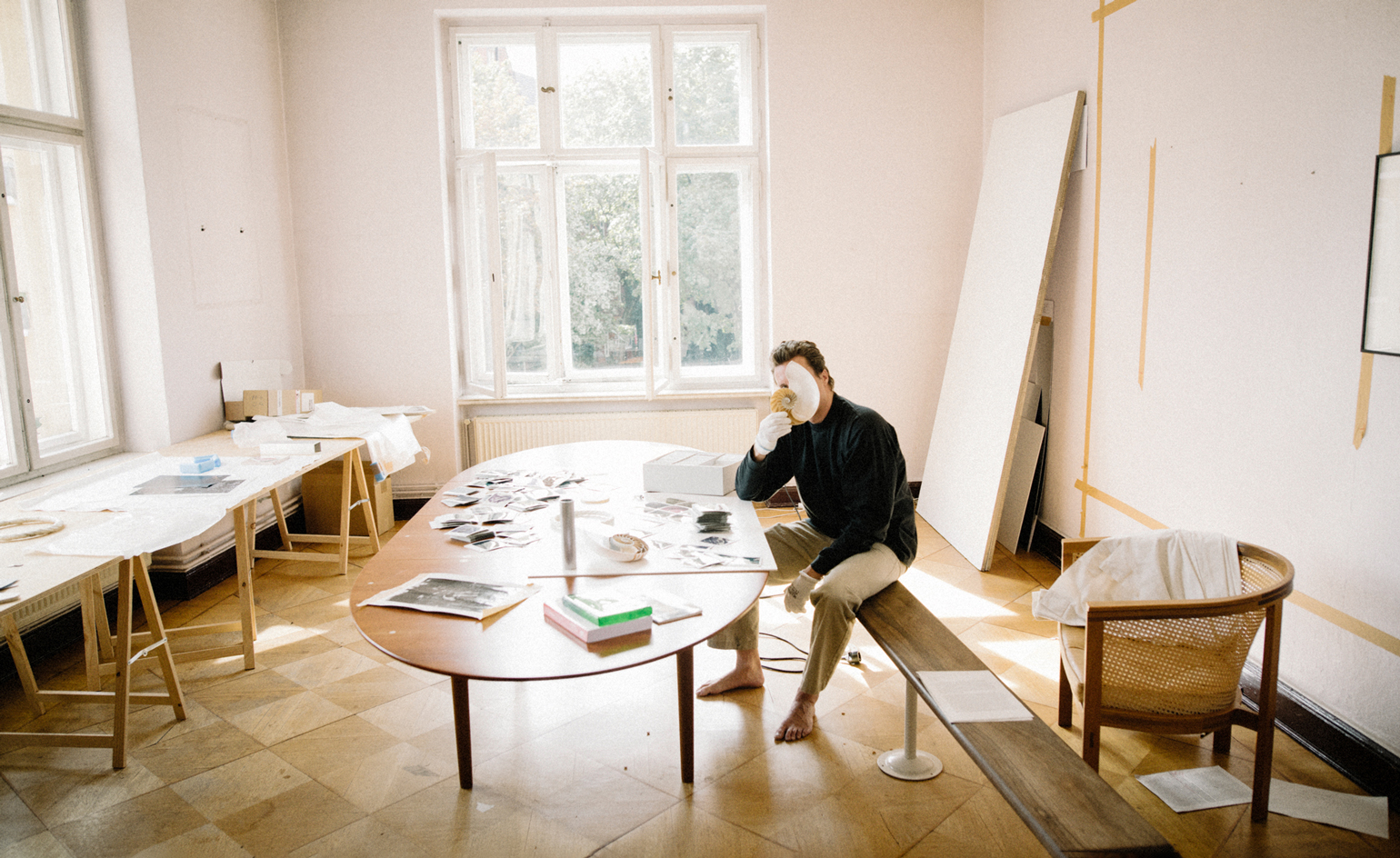 Cyprien Gaillard on chaos, reorder and excavating a Paris in flux
Cyprien Gaillard on chaos, reorder and excavating a Paris in fluxWe interviewed French artist Cyprien Gaillard ahead of his major two-part show, ‘Humpty \ Dumpty’ at Palais de Tokyo and Lafayette Anticipations (until 8 January 2023). Through abandoned clocks, love locks and asbestos, he dissects the human obsession with structural restoration
By Harriet Lloyd-Smith
-
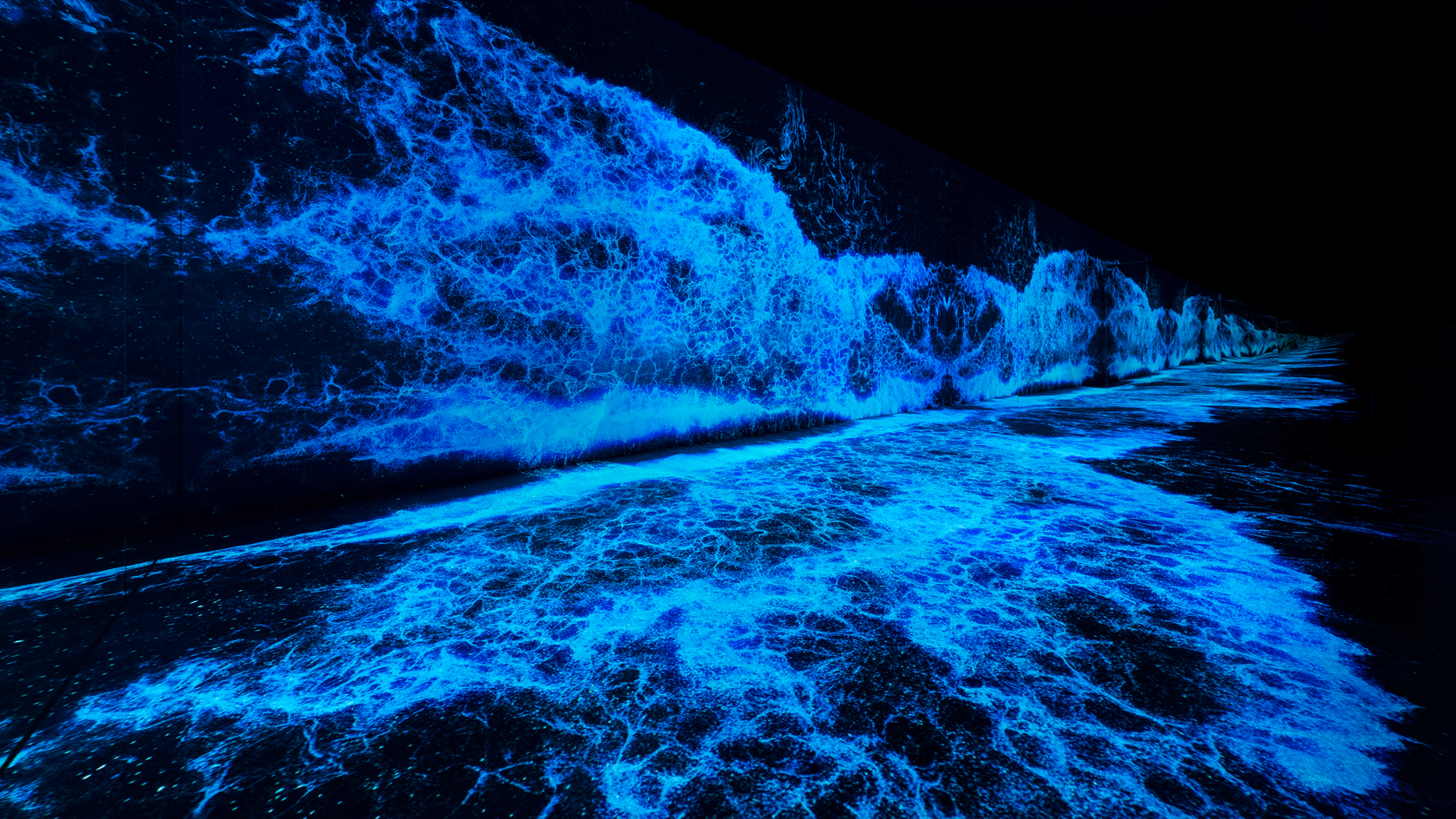 A’strict: the South Korean digital art collective bringing nature to urban life
A’strict: the South Korean digital art collective bringing nature to urban lifeAs part of our Generation Generative series, we spotlight a’strict, the artistic unit of South Korean digital media design company d’strict, whose immersive art aims to bring viewers closer to nature
By SuhYoung Yun
-
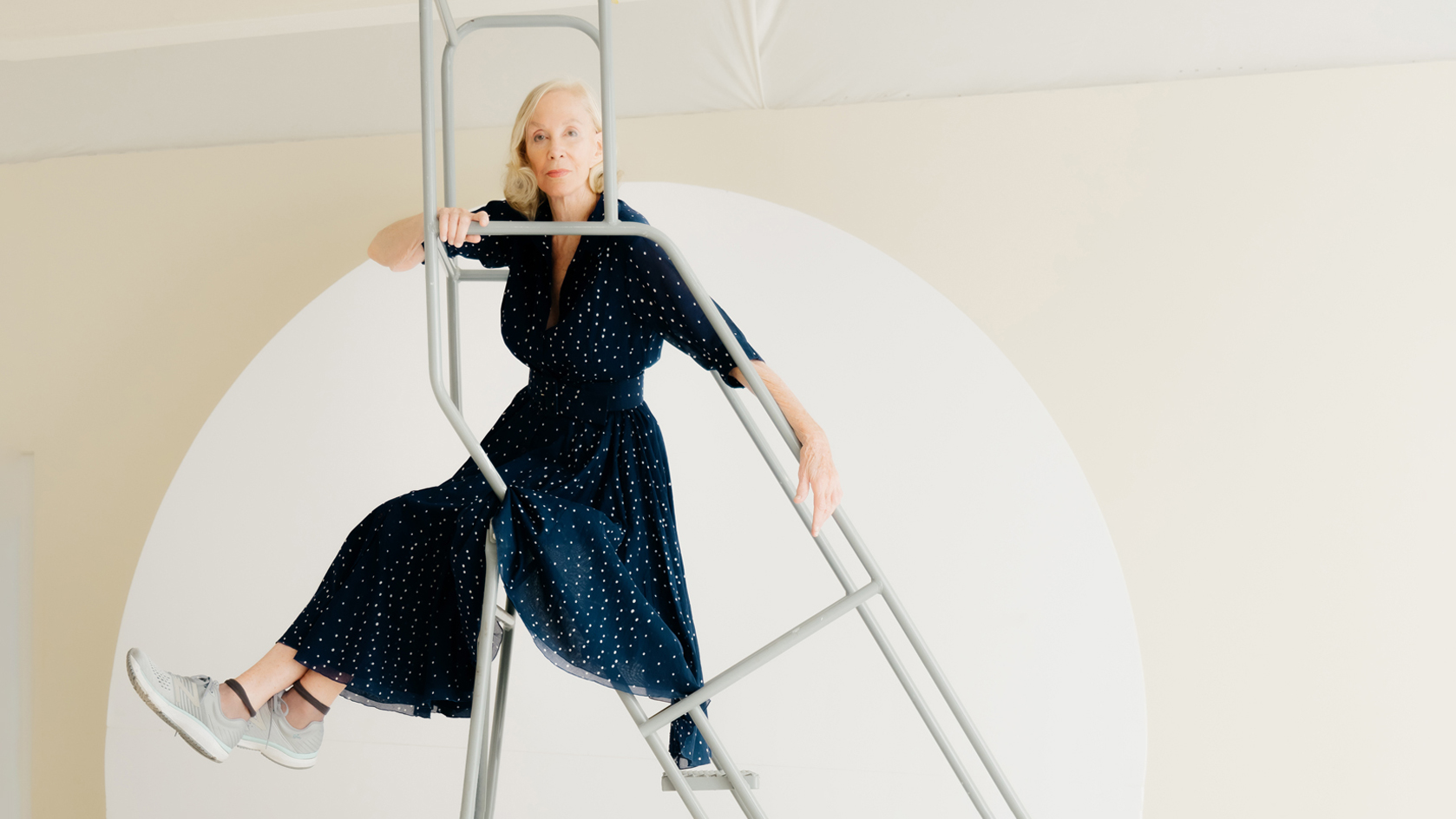 Year in review: top 10 art interviews of 2022, chosen by Wallpaper* arts editor Harriet Lloyd-Smith
Year in review: top 10 art interviews of 2022, chosen by Wallpaper* arts editor Harriet Lloyd-SmithTop 10 art interviews of 2022, as selected by Wallpaper* arts editor Harriet Lloyd-Smith, summing up another dramatic year in the art world
By Harriet Lloyd-Smith
-
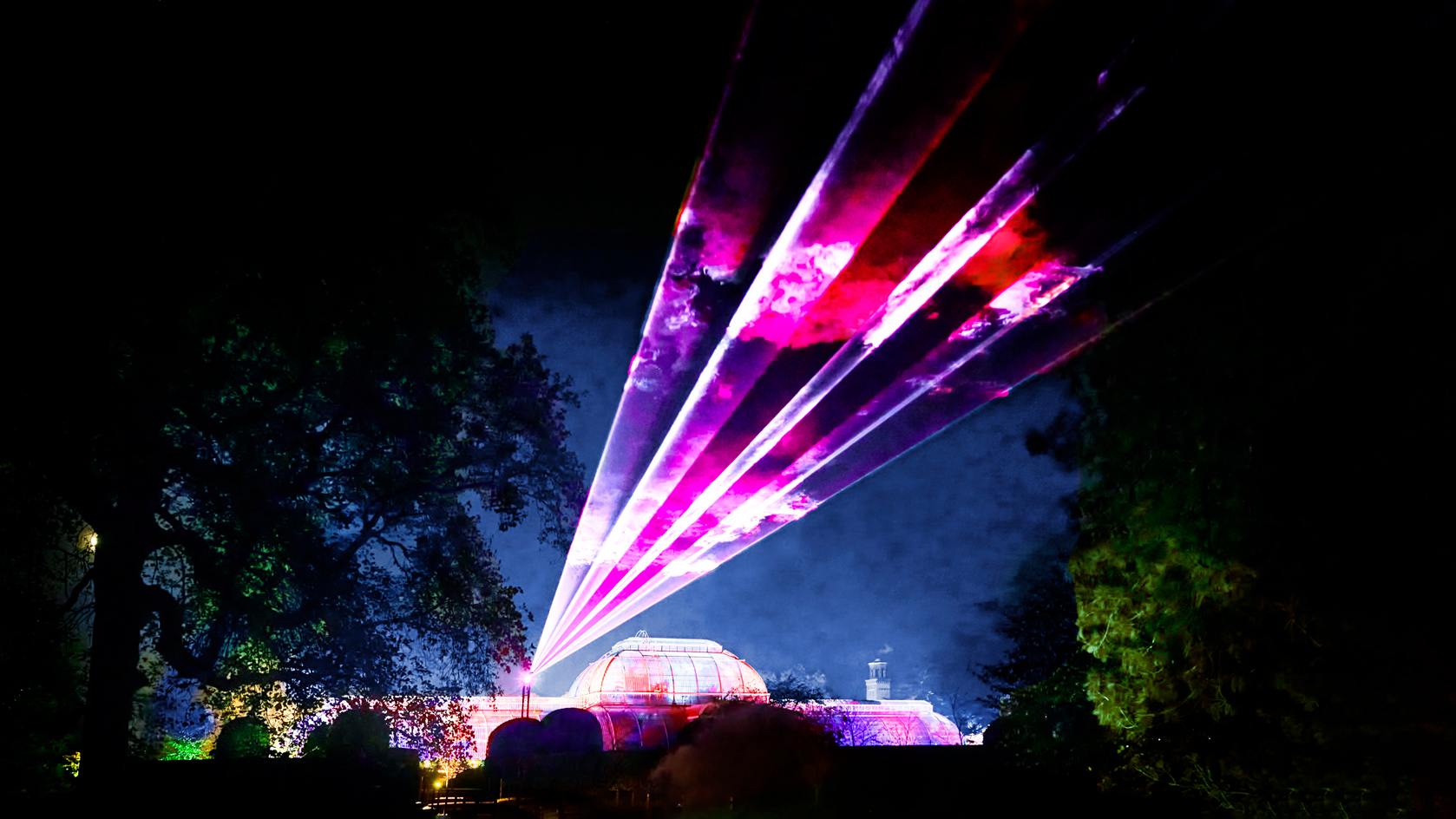 The best 7 Christmas installations in London for art lovers
The best 7 Christmas installations in London for art loversAs London decks its halls for the festive season, explore our pick of the best Christmas installations for the art-, design- and fashion-minded
By Harriet Lloyd-Smith
-
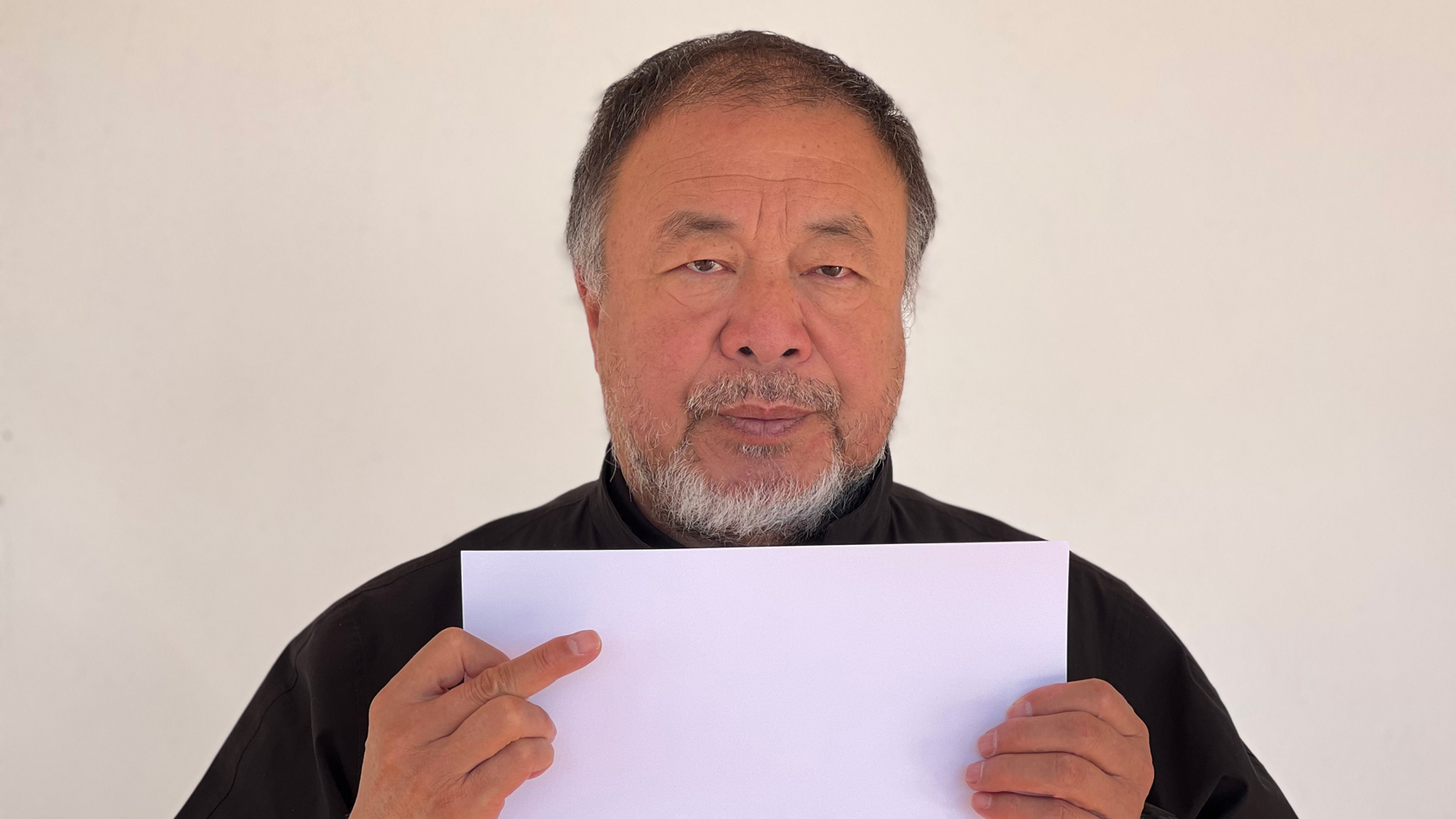 Ai Weiwei to sign blank sheets of paper with UV ink for Refugees International in London this weekend
Ai Weiwei to sign blank sheets of paper with UV ink for Refugees International in London this weekendTo mark Human Rights Day (10 December 2022), Ai Weiwei will take to Speakers' Corner in Hyde Park to sign sheets of A4 paper in UV ink, distributed free. We interview the artist to find out more
By TF Chan